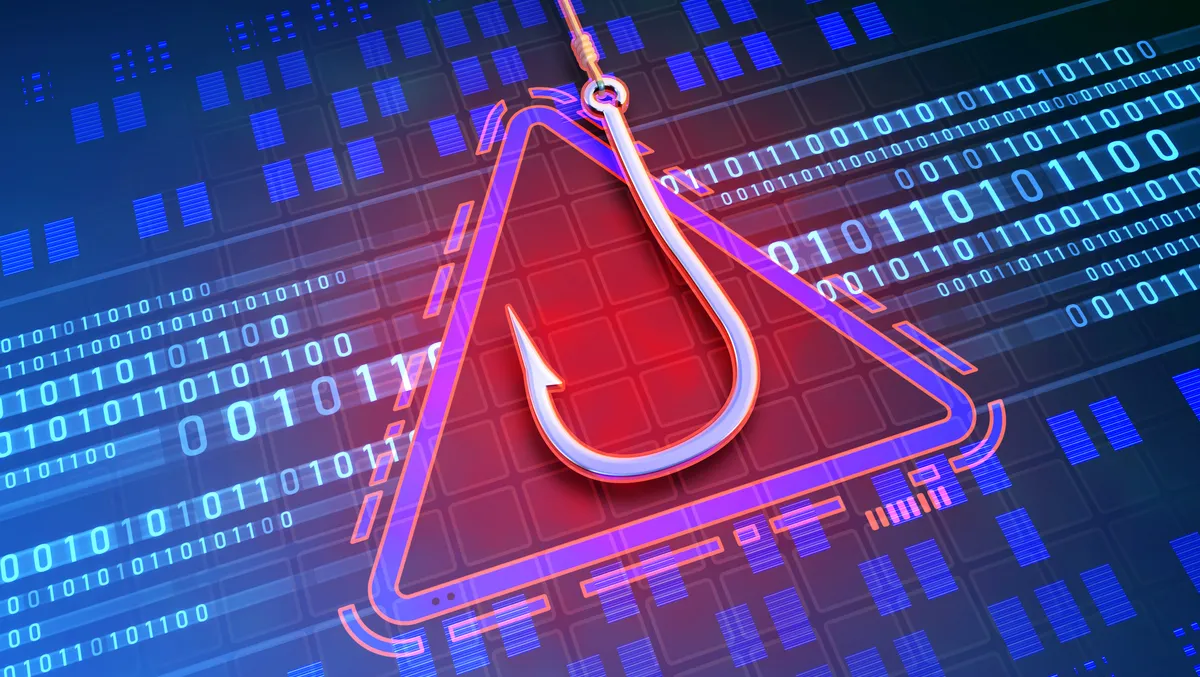
Norton blocks 1.3 million threats in NZ during September
Norton Labs successfully blocked 1.3 million threats in New Zealand during September, thwarting phishing attempts, mobile threats, file threats, ransomware attacks and more.
Norton Labs, the global research team at NortonLifeLock, released its quarterly Consumer Cyber Safety Pulse Report, detailing the top consumer cybersecurity threats and insights from July through September 2022.
Leveraging the company's global threat telemetry, the report includes an analysis of the most recent ways cybercriminals are putting privacy and security at risk.
Norton telemetry for the month of September in New Zealand shows there were 1.3 million blocks in that 30-day period, to deal with the level of threat.
Norton Labs analysed recent attacks on top companies that were compromised through stolen login credentials. While these campaigns aimed to steal the information that could later be monetised against victims, the goal was to undermine the trusted technologies used to send automated emails, authentication codes and an entire companys single sign-on.
"Cybercriminals have become experts at catching one-time codes used in most two-factor authentication and they know that by undermining the systems that send the codes, their efforts are even more effective," says Jeff Nathan, Technical Director and Researcher, NortonLifeLock.
"Consumers should use FIDO U2F tokens everywhere they can, as they aren't susceptible to these phishing attacks," he says.
Cybercriminals are also turning to scam e-shops offering electronics, jewellery, clothes, and everything-in-between to lure victims. These sites often seem legitimate with polished storefronts, positive reviews, ties to social media accounts and more. However, once you place an order, you may receive a counterfeit item or nothing at all.
According to the US Federal Trade Commission, there were 397,826 reports of online shopping fraud in 2021, totalling $392 million in losses. Norton Labs warns shoppers to watch out for prices that may be too good to be true, be wary of sites that request unusual payment-processing methods and to beware of social media ads and unsolicited messages. Using a URL lookup tool like Norton Safe Web can also let shoppers know if a site is already known to be a malicious/scam domain.
Another discovery from Norton Labs is that 80% of websites share search terms with advertisers either accidentally or deliberately. Trackers can gain information from website visits, such as a users IP address, the websites content, domain and more. This offers third parties a users search terms which can include sensitive information like medical concerns or family and legal situations. Advertisers may then use these characteristics to target ads in unexpected or potentially uncomfortable ways.
From July through September 2022, Norton thwarted over 750 million threats, or around 8 million threats per day.
Norton blocked 25.2 million phishing attempts, 103.7 million file threats, 330,000 mobile threats, 63,000 ransomware attacks, and more than 1 billion trackers and fingerprinting scripts blocked by Norton AntiTrack.


